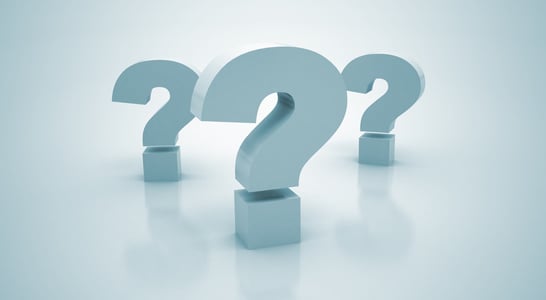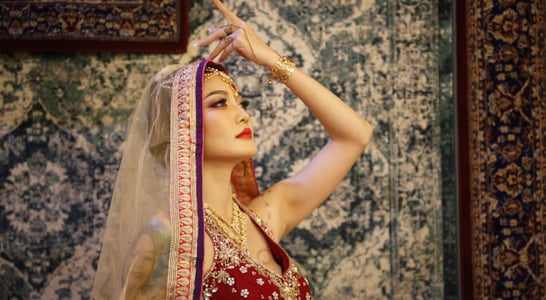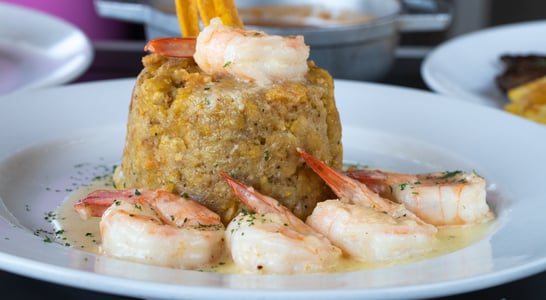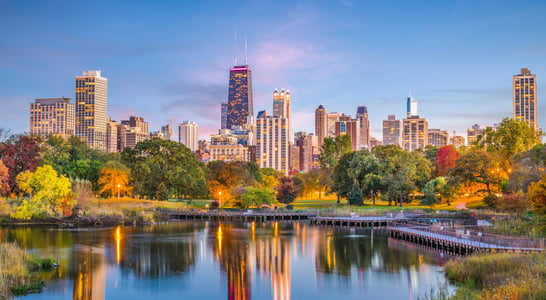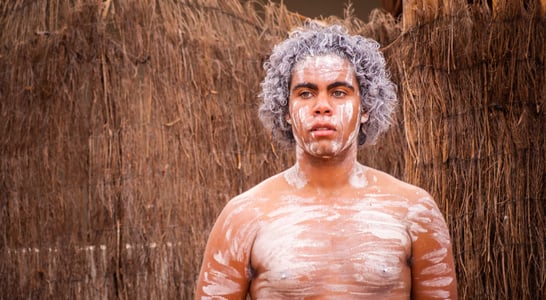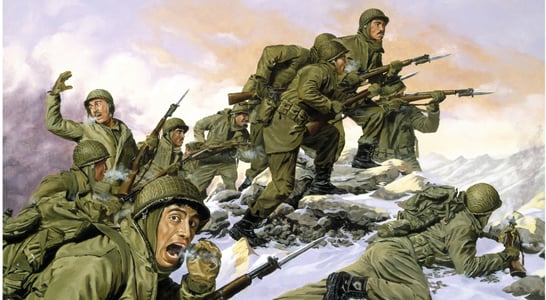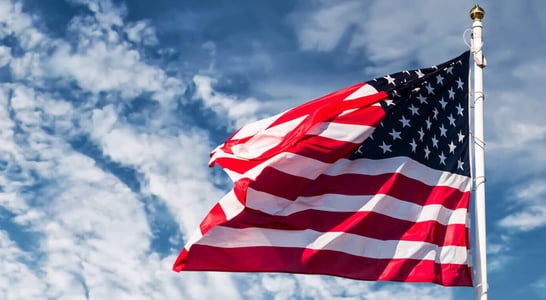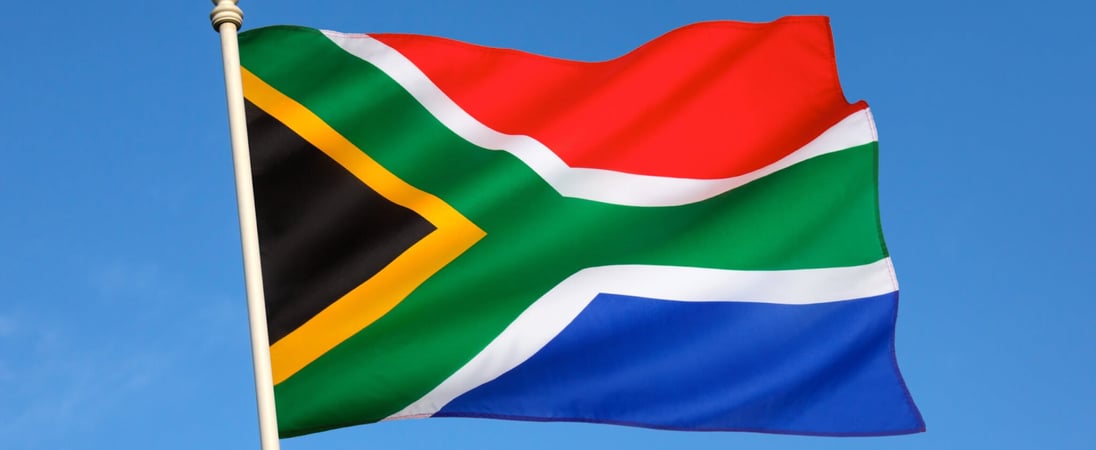
Heritage Day
South Africa has a rich and diverse background of different cultures and Heritage Day is just the time to celebrate and enjoy all of them!
How to Celebrate Heritage Day
Get in the spirit of South Africa’s Heritage Day with a variety of ideas for celebrating, including some of these:
Hold a Braai Barbecue Party
One of the most traditional ways to celebrate Heritage Day is to do it the way South Africans do, with a barbecue. This social custom is an easygoing way to enjoy time with friends and family, enjoying the beautiful weather and cooking over an open fire.
The food served at braai almost always includes red meats, as well as some bread or vegetables that can be made over an open fire. Another dish that might be served at a braai is called pap, which is a porridge that is also cooked in a pot over the fire.
Whatever kind of food is cooked over the open fire, sharing it with family and friends is a great way to celebrate Heritage Day!
Learn More About South African Heritage
The best way to learn about this type of heritage can be through reading books or watching documentary films that offer information and depict stories, whether nonfiction or fiction, from the heritage of South Africa. Try out some of these books:
-
Shaka Zulu: The Biography of the Founder of the Zulu Nation by E.A. Ritter
-
Palaces of Stone: Uncovering Ancient southern African Kingdoms by Mike Main & Tom Huffman
-
History of South Africa by Thulu Simpson
-
Johannesburg Then and Now by Marc Latilla
History of Heritage Day
Heritage Day is a public holiday in South Africa that celebrates the roots and history of diverse cultures. Beginning in 1996, this day has been commemorated in South Africa, which is sometimes referred to as the “Rainbow Nation”.
South Africa has a wide range of diverse cultures, beliefs and traditions, and Heritage Day is meant to celebrate the unique variety of contributions of so many different people and groups.
The significance of September 24 as a day of celebration goes back more than a century to the Zulu King Shaka who died in 1828. The date is believed to be the birthday of King Shaka and has been celebrated at “Shaka Day” for many years.
One way the day is often celebrated is by wearing traditional dress to various events that are held across the country.
Another way that South Africans celebrate this day is with Braai (an Afrikaans word originating from the Dutch word, braden, meaning “to roast”), which is an informal barbecue that families often host. Different names for barbecue used by South Africans are Shisha Nyama or Ukosa.
In the past, some suggestions have been made to change the name to National Braai Day, and Archbishop Desmond Tutu even supported the idea. But the effort never made its way to fruition and the day continues to be called Heritage Day.
Heritage Day FAQs
Why did Heritage Day almost disappear from South Africa’s calendar?
In 1995, when South Africa was creating its list of official public holidays, Heritage Day wasn’t originally included.
This caused controversy, especially among Zulu communities, as the date had historically been Shaka Day, commemorating King Shaka, the founder of the Zulu nation.
After strong public pushback, the government agreed to keep the date as a holiday but rebranded it as Heritage Day, making it inclusive of all cultures in South Africa.
Without this public demand, September 24th might have been an ordinary day.
Did Nelson Mandela ever speak about Heritage Day?
Yes! In 1996, Nelson Mandela gave a speech on Heritage Day, emphasizing that South Africa’s diverse cultures should be a source of strength, not division.
He highlighted how the country had suffered from racial segregation and urged people to celebrate their differences rather than fear them.
His speech helped shape the modern meaning of Heritage Day: a day not just for cultural pride, but also for unity in diversity.
Is it true that Heritage Day was once promoted as a ‘meat holiday’?
Yes! In 2005, a media campaign tried to rebrand Heritage Day as National Braai Day (Braai = South African barbecue).
The idea was to give all South Africans, regardless of background, a common way to celebrate. Desmond Tutu even endorsed it, jokingly calling himself the “Patron Saint of Braai.”
While it never became the official name, today many South Africans associate the holiday with a braai, showing how food can bring people together.
Do other African countries have a version of Heritage Day?
Yes! Ghana, Nigeria, and Kenya all have national days that honor cultural heritage.
Ghana’s Founders’ Day (August 4) celebrates the leaders who fought for independence, while Kenya’s Mashujaa Day (October 20) honors national heroes.
Nigeria’s National Cultural Day (September 30) highlights traditional music, fashion, and languages.
These holidays, like South Africa’s Heritage Day, show a growing movement to preserve indigenous traditions.
Are there any myths or legends tied to Heritage Day?
One lesser-known story is that some people believe King Shaka’s ghost still watches over the celebrations.
Since Heritage Day was originally Shaka Day, some traditional Zulu leaders say his spirit is present during ceremonies held at KwaDukuza, where he was buried.
Others believe that if you speak his name on September 24th, you must do so respectfully—or risk bad luck! While this isn’t widely believed, it adds a mystical element to the holiday.
What’s the strangest way someone has celebrated Heritage Day?
In 2019, a South African paraglided off a cliff wearing full Zulu warrior gear to celebrate his heritage in an extreme way.
He landed safely, but the video of his jump went viral, sparking a debate about mixing tradition with modern sports.
Others have done skydives in traditional dresses, and one man even braaied (barbecued) while wakeboarding!
Do South African expats celebrate Heritage Day differently?
Many South Africans abroad host online Heritage Day parties, where they wear traditional clothing, cook local dishes, and teach their international friends about their roots.
In Australia, some cities hold “Heritage Day Pub Crawls” where South Africans visit bars while wearing cultural outfits. In London, the South African community holds a massive annual braai in Hyde Park.
How does Heritage Day impact South African fashion?
On Heritage Day, many local designers showcase outfits inspired by traditional attire in pop-up fashion shows.
Beadwork, Shweshwe fabric (a distinctive South African print), and Ndebele patterns become especially popular.
Some people mix modern styles with traditional elements, creating a fusion of contemporary African fashion.
The influence even extends beyond the country, with global celebrities spotted wearing South African designs.
What’s the most unexpected place to find a Heritage Day celebration?
Would you believe that Antarctica has hosted a Heritage Day braai?
South African scientists working at the Antarctic research station decided to mark the holiday by having a barbecue in sub-zero temperatures.
They had to use special heaters to keep the meat from freezing! It’s probably the coldest Heritage Day celebration ever recorded.
What’s a common misconception about Heritage Day?
Some people think Heritage Day is only about remembering the past, but it’s also about shaping the future.
While it celebrates history, it also encourages people to create new traditions, fuse cultural elements, and keep evolving South African identity.
In recent years, many young South Africans have used Heritage Day to promote LGBTQ+ rights, environmental issues, and decolonization debates—proving that heritage is alive and constantly changing.
See what else is happening…
There’s always more going on every month at Days Of The Year. Here are our favorites this month!
Also on ...
View all holidaysWorld Bollywood Day
The vibrant, colorful world of Indian cinema is full of captivating music, dance, and drama that will transport you to another world.
We think you may also like...
National NAIDOC Week
Explore the rich tapestry of Indigenous culture and heritage during this annual celebration of Australia's First Nations.
